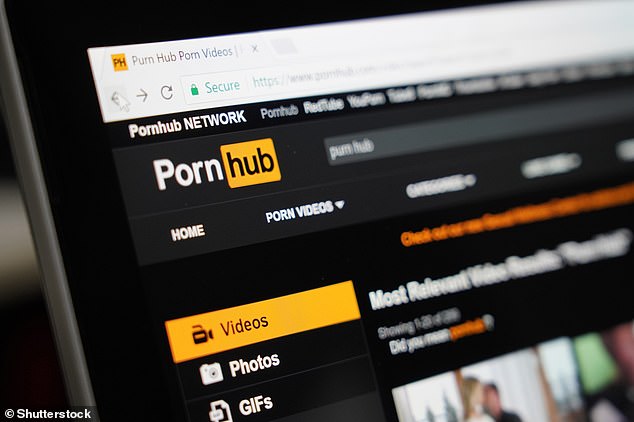
UK Implements Strict Age Verification for Porn Sites Today, Targeting Platforms Like Pornhub
UK Enforces Strict Age Checks on Porn Sites to Protect Minors
(Include image: Pornhub homepage with age verification prompt)
Britain’s new age verification rules for pornography websites took effect on July 25, requiring platforms to implement stringent checks to block under-18 access. Major sites like Pornhub, Reddit, X (Twitter), and Grindr now mandate ID submissions, facial scans, or other age-proof methods.
Why the Crackdown?
Ofcom, the UK’s communications regulator, emphasizes protecting children from explicit content. Oliver Griffiths, Ofcom’s Online Safety Director, stated, “Society safeguards kids from alcohol or gambling—now we’re extending that to porn.” Research reveals 8% of children aged 8–14 visited porn sites monthly, including 3% of 8–9-year-olds. Boys 13–14 (19%) were most likely to access it.
How Age Checks Work
Platforms must choose at least one “highly effective” verification method:
- Photo ID upload (passport, driver’s license)
- Facial age estimation via camera scan
- Credit card checks (18+ required in the UK)
- Mobile network operator verification
- Email-based age estimation (using linked accounts)
- Digital ID services or open banking (accessing bank-recorded data)
(Include image: Example of facial age estimation process)
Lina Ghazal of Verifymy notes systems can be “as simple as submitting an email” for instant results. Critics, however, warn of privacy risks. Iain Corby of the Age Verification Providers Association highlights longstanding concerns: “Users won’t want to share passports with porn sites.”
Penalties for Non-Compliance
Sites failing to enforce checks face fines up to £18 million or 10% of global revenue (whichever is higher). Ofcom will investigate non-compliant services starting this week and may pursue court-ordered site blocks.
The Online Safety Act 2023
This legislation replaces stalled 2017 plans, expanding beyond porn to force platforms to combat illegal content (e.g., child abuse, fraud). Though delayed for years, Ghazal calls it a “major step for child safety while preserving adult privacy.”
(Include image: UK Parliament document with Online Safety Act highlights)
Public Concerns and Past Failures
Early proposals in 2016 faced backlash over data security and implementation hurdles. The 2019 abandonment of the Digital Economy Act’s age checks led to today’s broader Online Safety framework.
Conclusion
While aimed at shielding minors, the rules spark debates over privacy and enforcement. As the UK pioneers strict digital protections, global observers watch for impacts on free access versus child safety.
(Word count: ~600)


